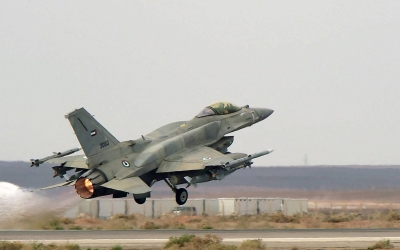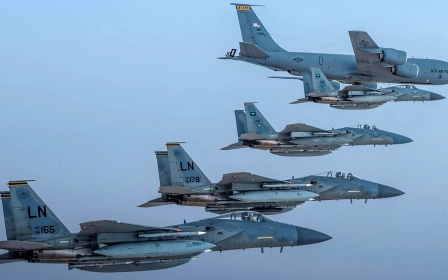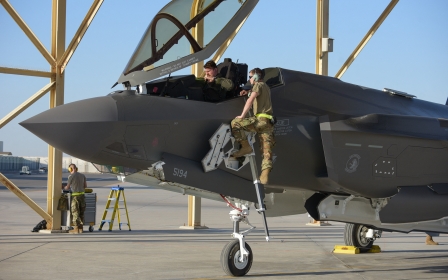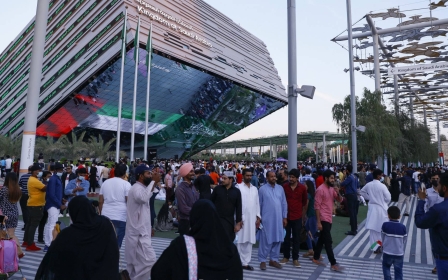US to help UAE replenish missile defence systems after Houthi attacks
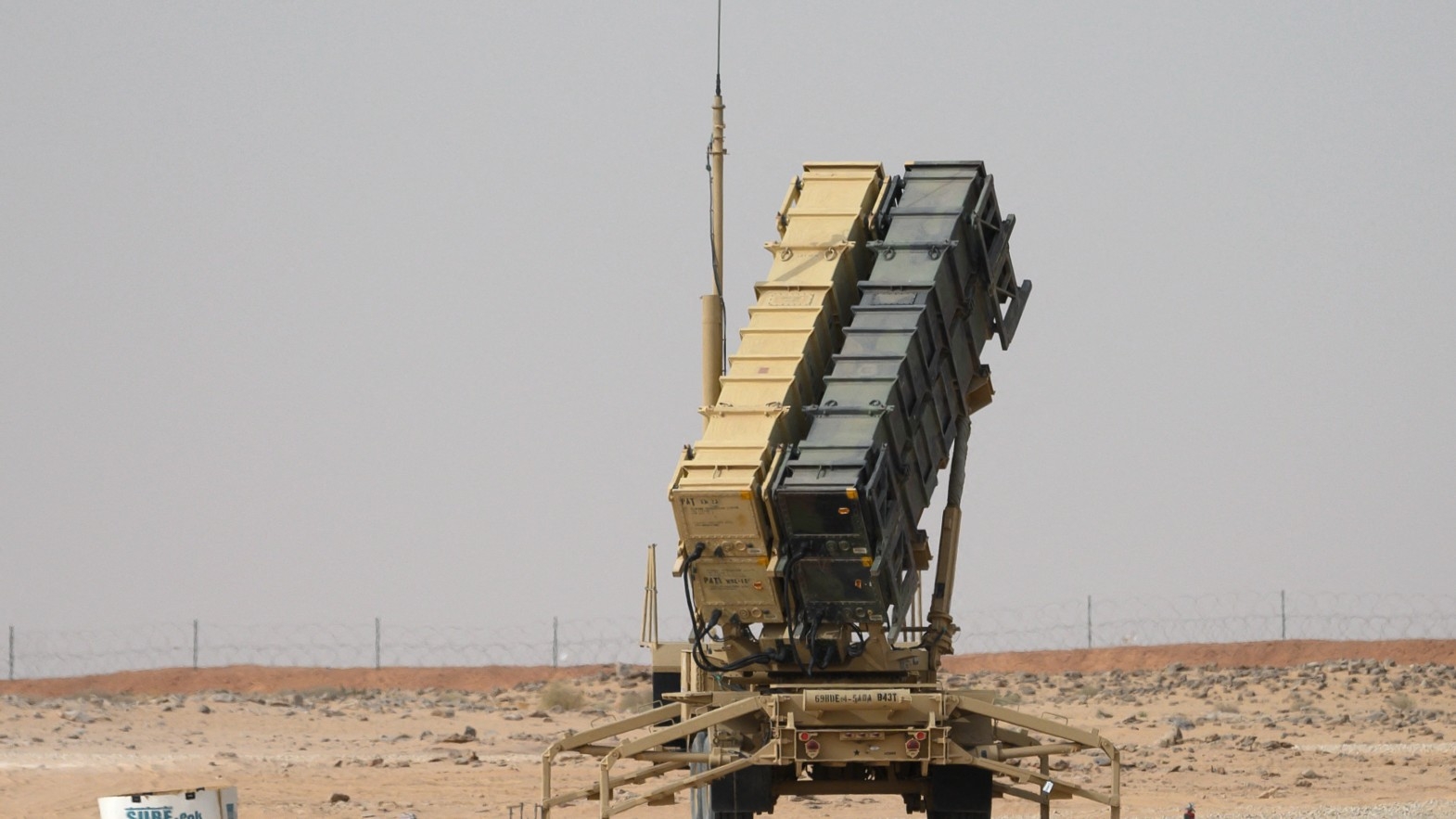
The top US general overseeing Middle East operations said Washington will help the United Arab Emirates restock interceptors it uses to knock down incoming missiles following a spate of attacks by Yemen's Houthi group, according to a report by Reuters.
"We will help with replenishment of interceptors. And we'll do everything we can to assist UAE in defending themselves," General Frank McKenzie, head of US Central Command, told Reuters after a trip to Abu Dhabi earlier this week.
The general did not offer further specifics, however a source told the news agency that the UAE had privately requested US replenishment of missile defence interceptors, including for its Thaad and Patriot systems.
The latest move by Washington would come a week after the Biden administration approved a possible $65m sale of spare parts for those missile defence systems to the UAE.
"This sale supports the UAE’s existing ability to deter and defend against hostile threats by maintaining the operational readiness of critical air defense systems," the Pentagon's Defence Security Cooperation Agency (DSCA) said in a press release at the time.
Last week, the Pentagon also announced the deployment of a guided missile destroyer and advanced US F-22 fighter jets to the UAE, which Washington said would stick closely to defence, as the Biden administration pledged to end offensive support to the Saudi-led coalition's war in Yemen amid stiff congressional opposition to the war.
In recent weeks, Abu Dhabi has seen a rare string of attacks claimed by the Houthis, a rebel group in Yemen that is fighting against a Saudi-led military coalition, of which the UAE is a member. Saudi Arabia has been frequently targeted by Houthi missile and drone attacks in recent years, while air strikes by the Saudi-led coalition have been criticised for targeting civilian infrastructure including schools and hospitals.
Limited surveillance over Yemen
McKenzie, who has also expressed concern about Houthi attacks against ally Saudi Arabia, acknowledged that the US had been grappling with significant limits on American surveillance capability over Yemen.
"We're very limited in ISR over Yemen. It's hard to see into Yemen," McKenzie said, using an acronym for military intelligence, surveillance and reconnaissance capabilities, which include drones.
"It's a large country, and you have to make decisions on priorities."
The war in Yemen began in 2014 when the Houthis seized Sanaa, prompting Saudi-led forces to intervene to prop up the government the following year.
The war has caused hundreds of thousands of deaths and left millions of Yemenis dependent on humanitarian aid.
In 2019, the UAE said it had withdrawn its troops from Yemen, however, it remains an influential player, backing a recent offensive against the Houthis in the Shabwah governorate which forced the group to retreat.
Houthi officials have said the recent strikes against the UAE came in retaliation for the Emirates' role in the war.
Middle East Eye propose une couverture et une analyse indépendantes et incomparables du Moyen-Orient, de l’Afrique du Nord et d’autres régions du monde. Pour en savoir plus sur la reprise de ce contenu et les frais qui s’appliquent, veuillez remplir ce formulaire [en anglais]. Pour en savoir plus sur MEE, cliquez ici [en anglais].


